GHG SMART
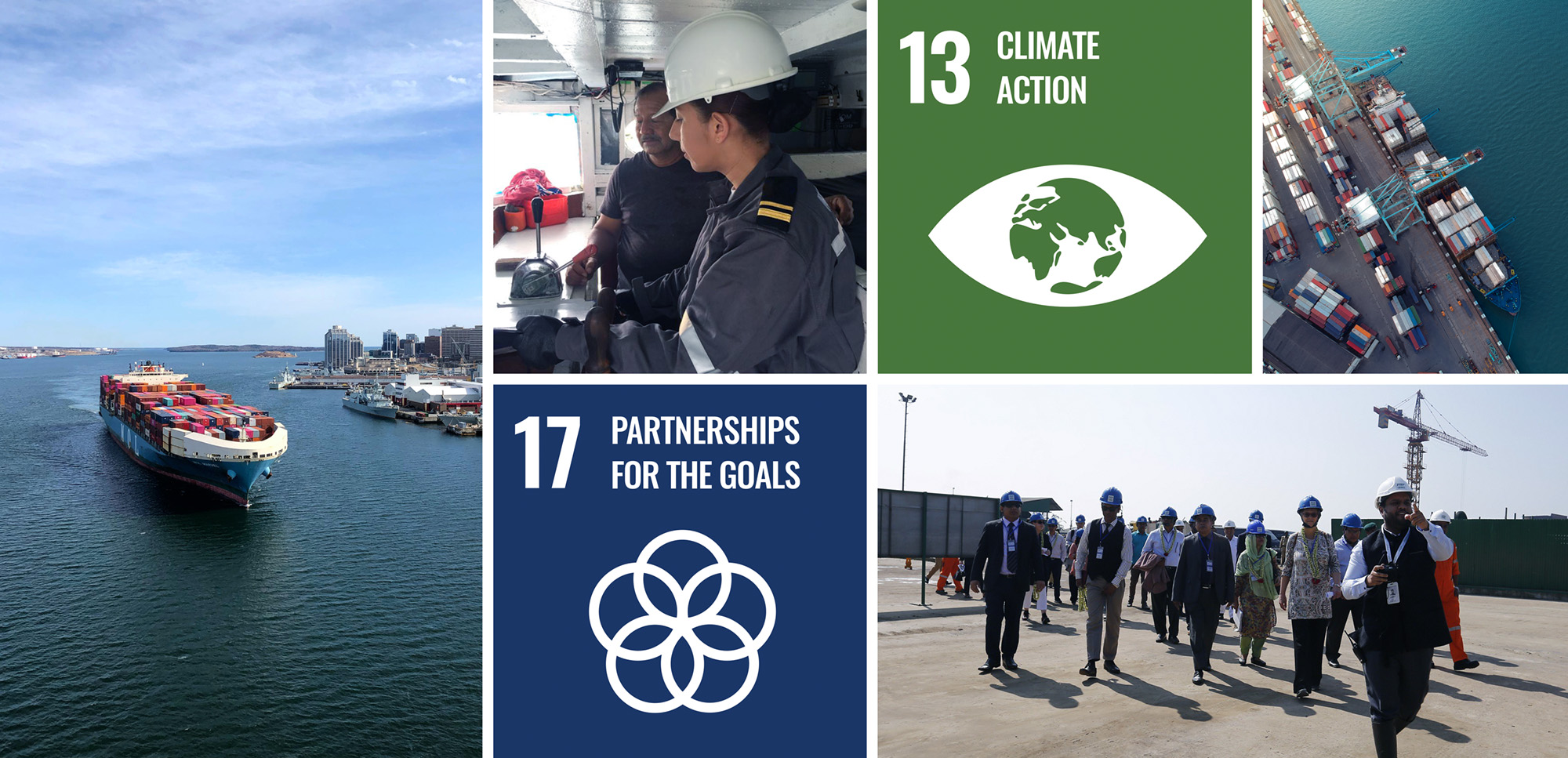
Enabling a cleaner, greener future for small islands developing states (SIDS) and least developed countries (LDCs)
The Sustainable Maritime Transport Training Programme is a dedicated project for small island developing states (SIDS) and least developing countries (LDCs) implemented by IMO and funded by the Republic of Korea. The project provides capacity-building support to SIDS and LDCs for the the IMO GHG Strategy, to enable assessment of impacts and identification of national actions related to maritime decarbonization. To date, nearly 60 participants from 38 SIDS and LDCs have been trained as part of the GHG-SMART project.
Capacity Building
LDCs and SIDS are invited to nominate delegations to benefit not only from virtual training, but also from the possibility of field visits and familiarisation with industry.
National maritime GHG emissions champions nominated by participating LDCs and SIDS are trained by Subject Matter Experts (SME) on all aspects of the IMO GHG Strategy to enable these countries to be actively engaged in policy making, national action planning and raising finance to implement the National Action Plans.
- Assessing national impacts of measures contained in the IMO GHG Strategy and identifying mitigation measures.
- Actively taking part in policy-making and decision-making processes at IMO's meetings.
- Implementing IMO GHG Strategy through national action.
-
Need-based annual training programme.
- World Maritime University scholarships.
- Post-training monitoring and evaluation.
- Alumni network.
The Programme consists of:
-
the development of a training package;
- delivery of a series of 5-day training course using the training package;
- post-training monitoring, evaluation, and refinement of the overall training programme, and
- programme management and governance.
The training package includes the following:
- state of global regulations, MARPOL Annex VI and IMO GHG Strategy;
- impact assessments: follow-up on tools and key findings from studies to date;
- national policy, action plan and strategy, best practices/potential update needs;
- financing aspects to support implementation of IMO GHG Strategy measures;
- available and future technologies and best practices for GHG reduction for ships, including those in the development stage and those that have already been put into practice;
- available and future fuels for shipping decarbonisation; and
- training of trainers for all the above elements.
Participating SIDS and LDCs will be invited to send delegations to Republic of Korea to benefit not only from the in-class training but also via field visits and familiarisation with industry as a unique feature of this programme.
Lead to more active participation of SIDS and LDCs in international and IMO policy making debates and decision making.
Furthermore, to enable advanced learning and development opportunities for SIDS and LDCs, the project comprises of the GHG-SMART Recognition Scheme in collaboration with the World Maritime University (WMU). The GHG-SMART Recognition Scheme awards full scholarships for a 14-month MSc. in Maritime Energy Management at WMU in Malmö, Sweden, to the two top-performing trainees of each year (one woman and one man).
GHG-SMART represents a forward-thinking initiative to build capacities of SIDS and LDCs to tackle the urgent challenges and create a network of leaders and professionals. We strongly encourage eligible Member States to apply and take advantage of this exciting project.
Please click here for details on application process. The deadline for nomination is Friday, 14 February 2025.
Sustainable Development Goals
The 2030 Agenda for Sustainable Development provides a shared blueprint for prosperity for people and the planet, now and into the future. At its heart are the 17 Sustainable Development Goals (SDGs), which are an urgent call for action in a global partnership. Among the SDGs, SDG 14 is central to IMO, but the work of IMO and GHG SMART can also be linked to other SDGs, as can be seen below.
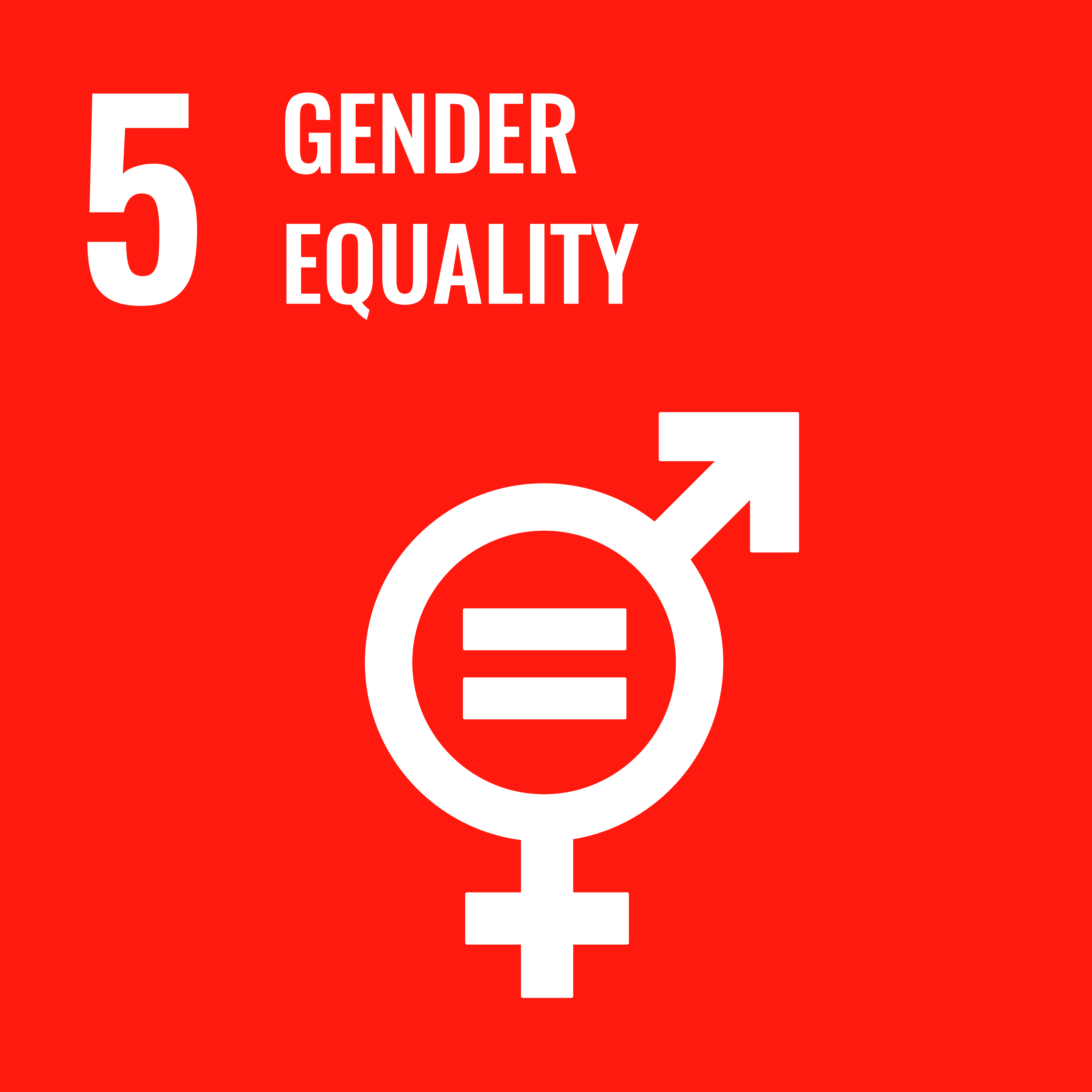
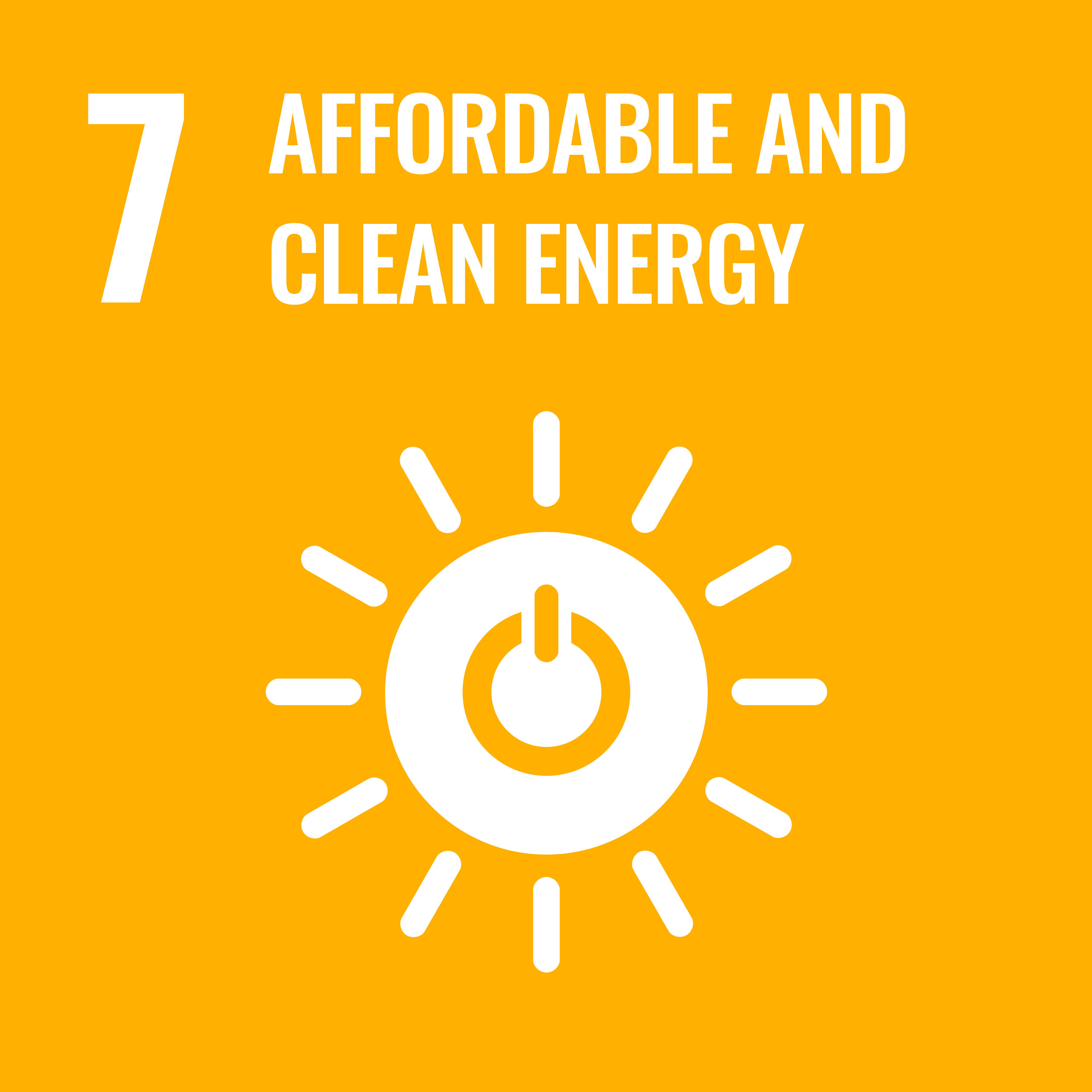
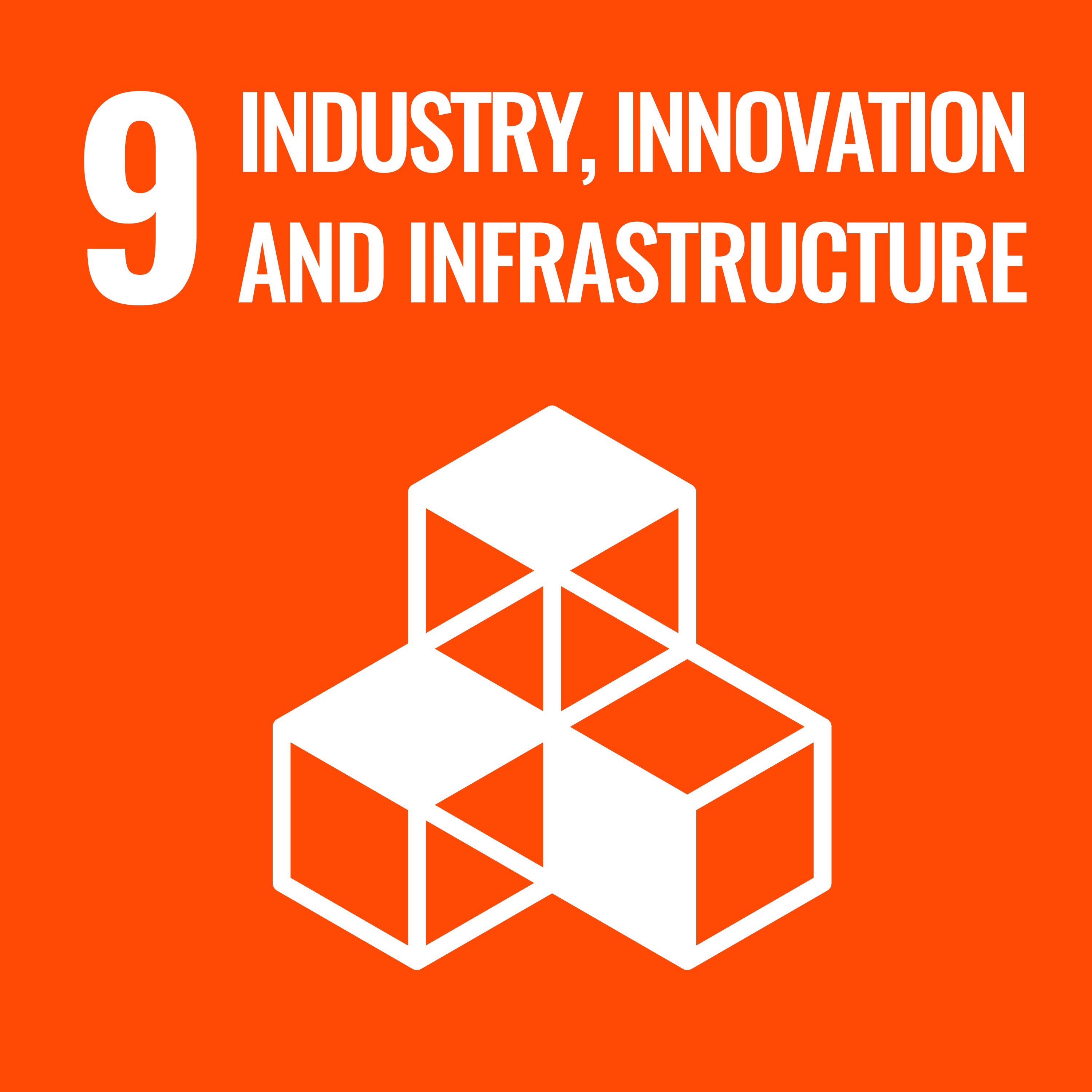
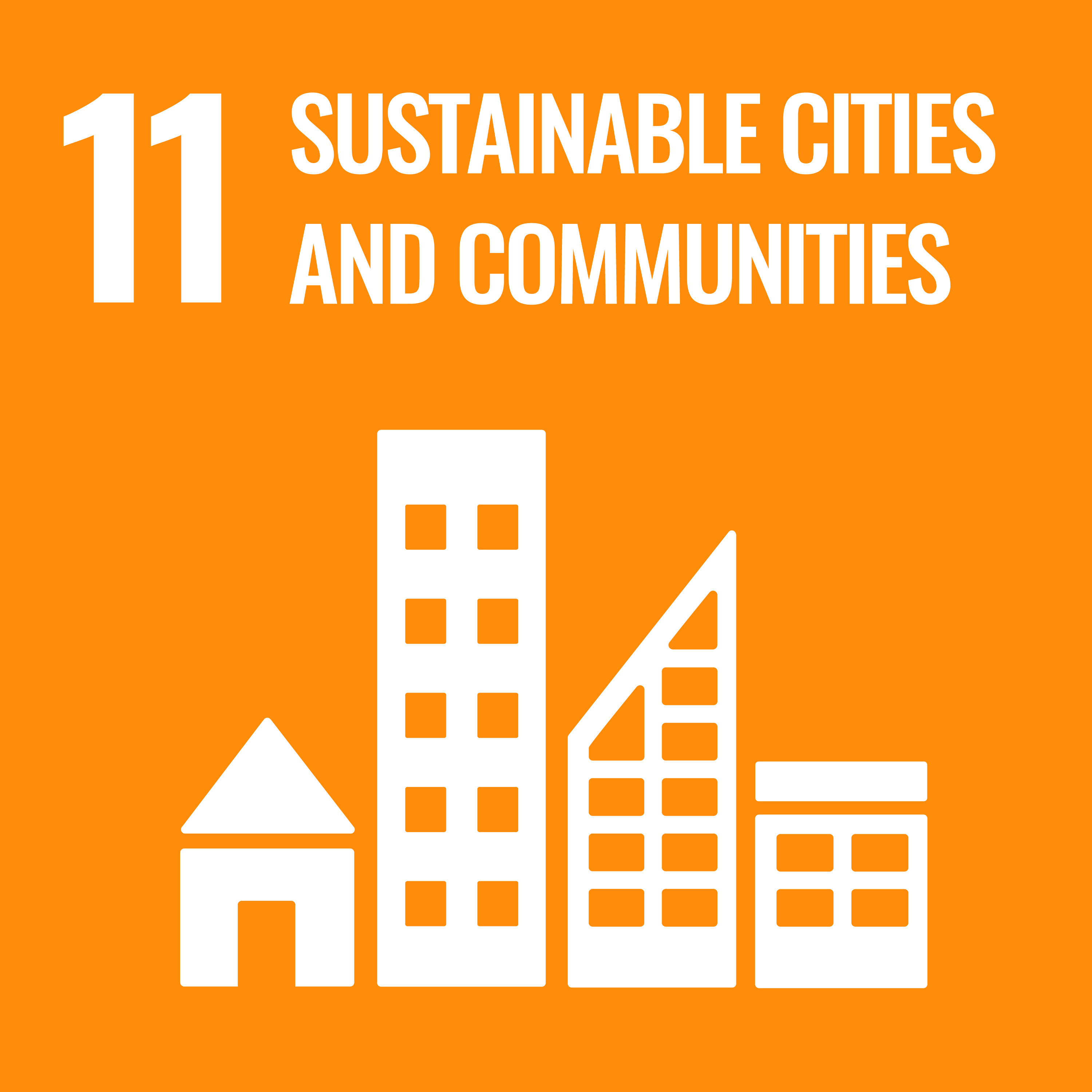
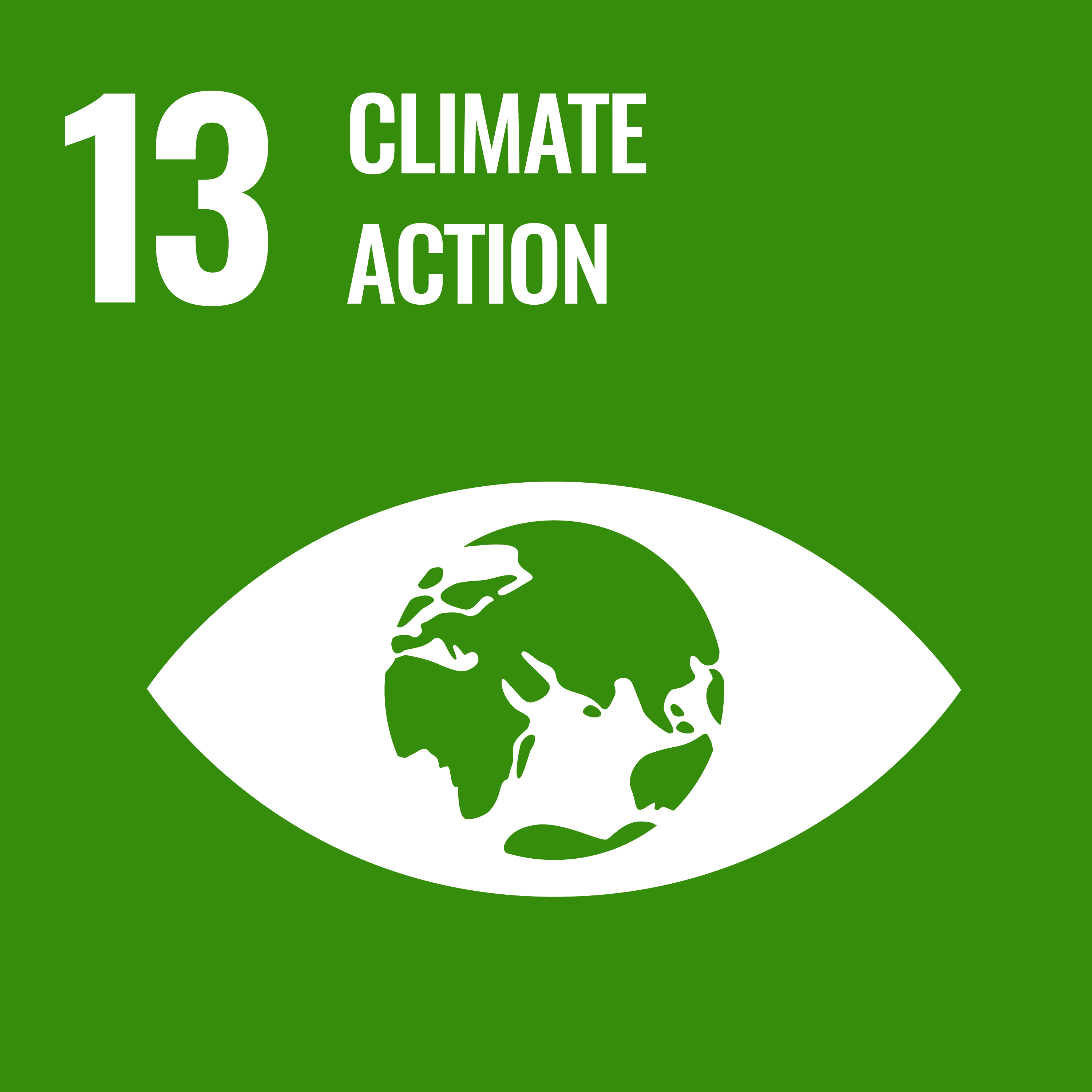
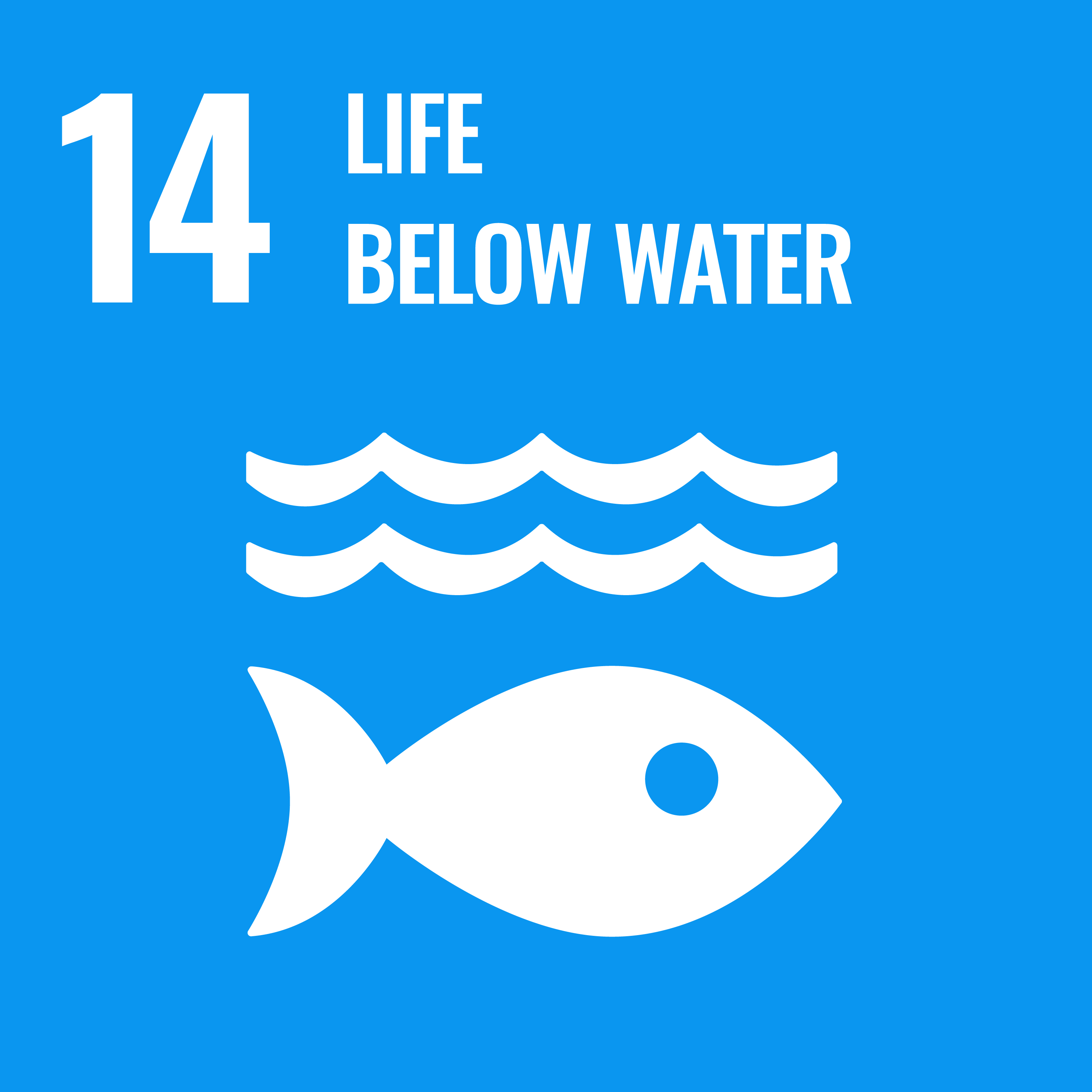
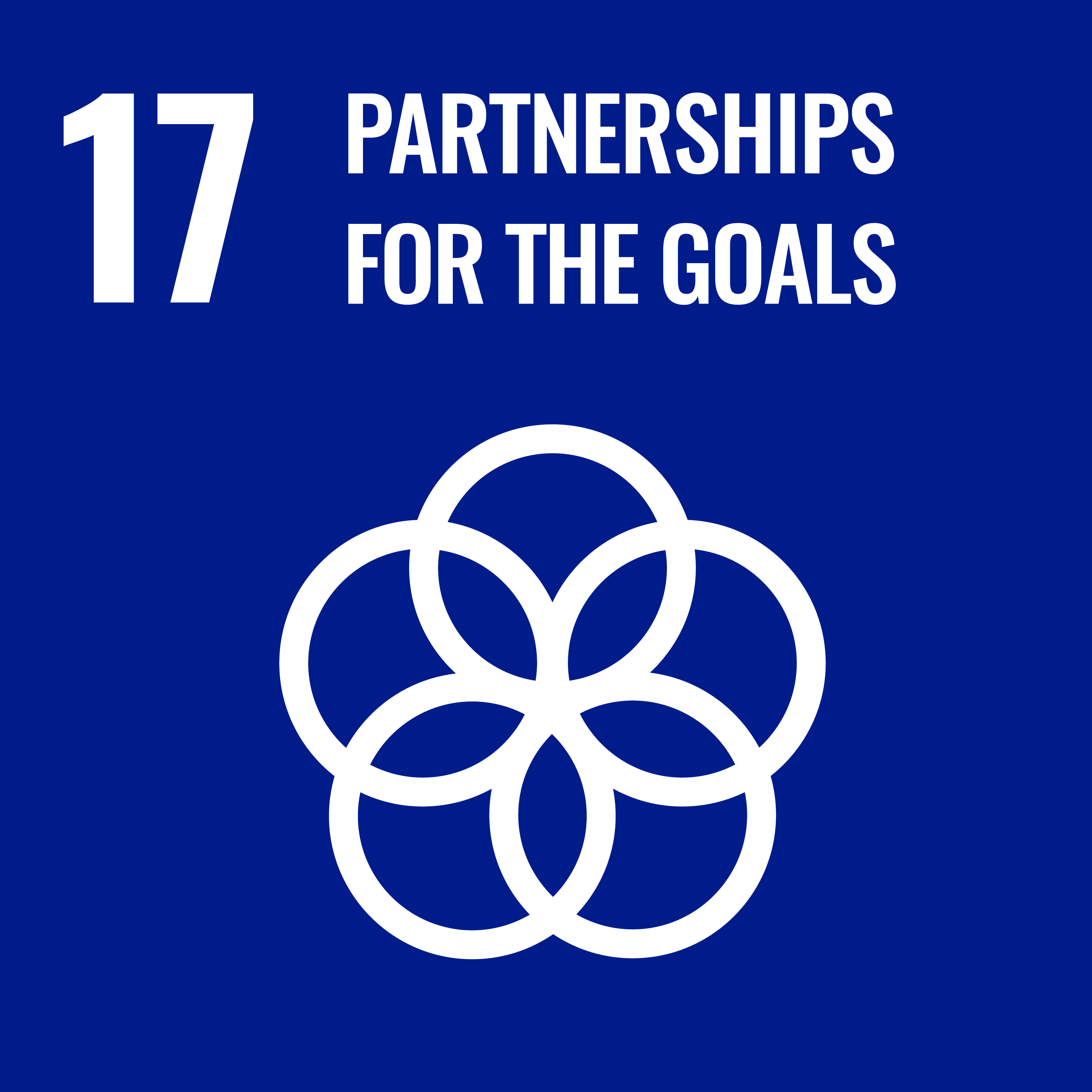
For more information on the Project, please contact ghg-smart@imo.org.